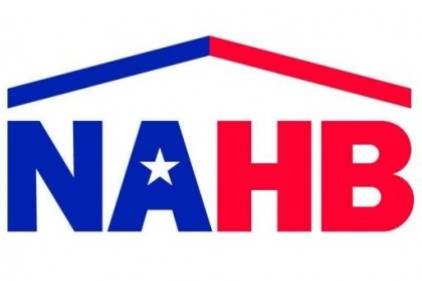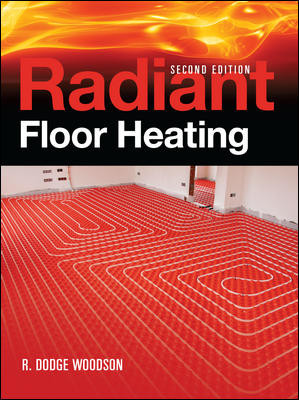Production of apartments and condominiums gained momentum in the second quarter of 2013, according to the latest Multifamily Production Index (MPI), released recently by the National Association of Home Builders (NAHB). The index increased nine points to 61, which is the highest reading since its inception in 2003.
The MPI measures builder and developer sentiment about current conditions in the apartment and condominium market on a scale of 0 to 100. The index and all of its components are scaled so that any number over 50 indicates that more respondents report conditions are improving than report conditions are getting worse.
The MPI provides a composite measure of three key elements of the multifamily housing market: construction of low-rent units, market-rate rental units and "for-sale" units, or condominiums. In the second quarter of 2013, the MPI component tracking builder and developer perceptions of market-rate rental properties rose six points to 67, the 11th straight quarter above 50; for-sale units had a significant increase of 16 points to 58, which is the highest reading since the second quarter of 2005; and low-rent units increased five points to 60.
"Multifamily developer confidence is currently at an all-time high according to our survey results, and we expect to see that continue for the foreseeable future," said W. Dean Henry, CEO of Legacy Partners Residential in Foster City, Calif., and chairman of NAHB's Multifamily Leadership Board. "Much of the consumer demand that we are now seeing is coming from a large generation of young people who are able to find jobs and establish their own households as the economy continues to improve."
The Multifamily Vacancy Index (MVI), which measures the multifamily housing industry's perception of vacancies, rose four points to 42. With the MVI, lower numbers indicate fewer vacancies. After peaking at 70 in the second quarter of 2009, the MVI improved consistently through 2010 and has been at a fairly moderate level since 2011.
Historically, the MPI and MVI have performed well as leading indicators of U.S. Census figures for multifamily starts and vacancy rates, providing information on likely movement in the Census figures one to three quarters in advance.
"The apartment and condo sector continues to expand production," said NAHB Chief Economist David Crowe. "This increased level of activity is needed to meet current demand and to compensate for a serious lack of new units developed during the housing downturn."
For data tables on the MPI and MVI, visit www.nahb.org/mms.







